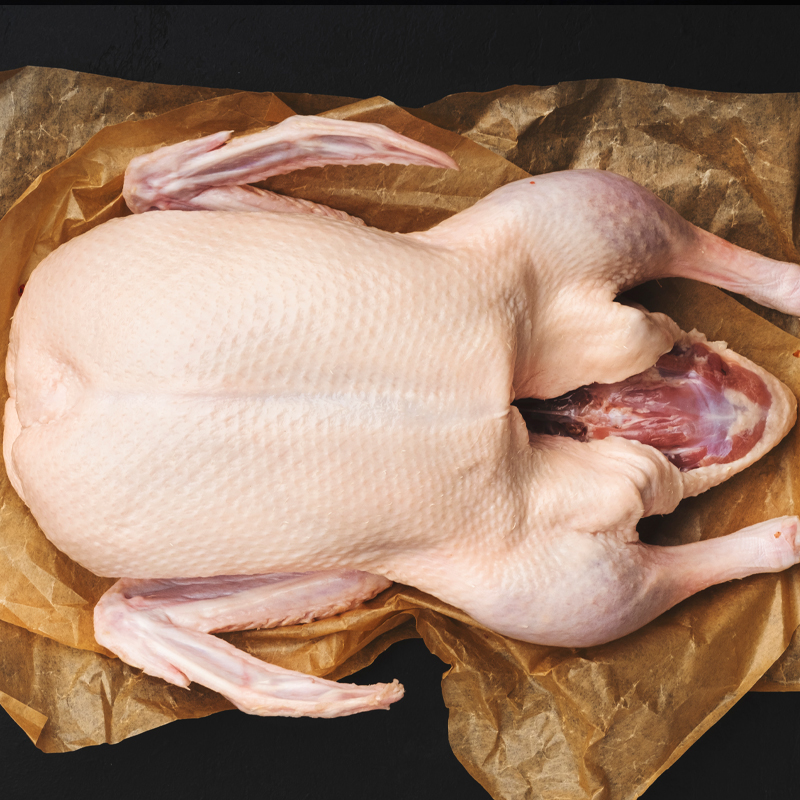
100 gr |
-- |
|
|---|---|---|
| Carbohydrate (gr) | 15.04 |
4928.47 |
| Protein (gr) | 3.59 |
1176.23 |
| Fat (gr) | 12.46 |
4083.43 |
| Fiber (gr) | 1.36 |
445.97 |
| Cholesterol (mg) | 14.64 |
4795.8 |
| Sodium (mg) | 325.27 |
106557.75 |
| Potassium (mg) | 392.16 |
128471.4 |
| Calcium (mg) | 78.15 |
25603.27 |
| Vitamin A (mg) | 46.04 |
15084.01 |
| Vitamin C (mg) | 6.16 |
2019.31 |
| Iron | 0.62 |
203.1 |
Chicken meat is an excellent source of high-quality protein, making it a staple in many diets worldwide. It is also rich in essential minerals such as potassium, phosphorus, iron, and zinc, all of which play a vital role in overall health. These nutrients contribute to muscle development, bone strength, and immune system support.
The calories in chicken meat (with skin) are 234 calories per 100 grams.
However, one potential downside of chicken meat is its cholesterol content. While it is lower in cholesterol compared to some red meats, excessive consumption—especially of fatty cuts—can contribute to increased cholesterol levels, potentially affecting heart health.
One important factor to consider when consuming chicken is the presence of skin. Chicken skin is high in fat, particularly saturated fat, which significantly increases calorie intake. While it adds flavor and texture, regular consumption of chicken with skin may lead to weight gain and a higher risk of cardiovascular diseases. For a healthier approach, it is recommended to remove the skin before cooking or consuming chicken meat.